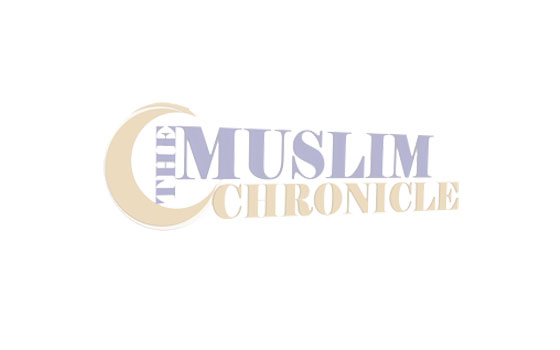London - AFP
A US federal appeals court on Friday ruled in a landmark case that a Utah-based comnpany is allowed to patent genes linked to an inherited form of breast cancer. The ruling overturns a lower court's decision and allows Myriad Genetics to keep its patent on the isolated genes, known as BRCA1 and BRCA2, but said the company cannot patent the processes of comparing or analyzing DNA sequences. The lawsuit was filed in 2009 by a coalition of patient advocacy and medical groups, including the American Civil Liberties Union. The plaintiffs had argued that the company was claiming an "illegal monopoly over "products of nature, laws of nature and/or natural phenomena, and abstract ideas or basic human knowledge or thought." But the US Court of Appeals for the Federal Circuit decided such patents on isolated DNA molecules could be held, in accordance with the "longstanding practice of the PTO," or the Patent and Trademark Office, one of the defendants. "The Supreme Court has repeatedly stated that changes to longstanding practice should come from Congress, not the courts," said the ruling. Backed by pharmaceutical company Eli Lilly, Myriad obtained nine US patents in the mid-1990s on two genes -- BRCA1 and BRCA2 -- strongly associated with hereditary forms of breast and ovarian cancer in women. Scientists estimate that about 10 percent of breast cancers are hereditary. Women who carry the BRCA1 gene face a 10-fold increased risk of contracting the disease by age 70.








